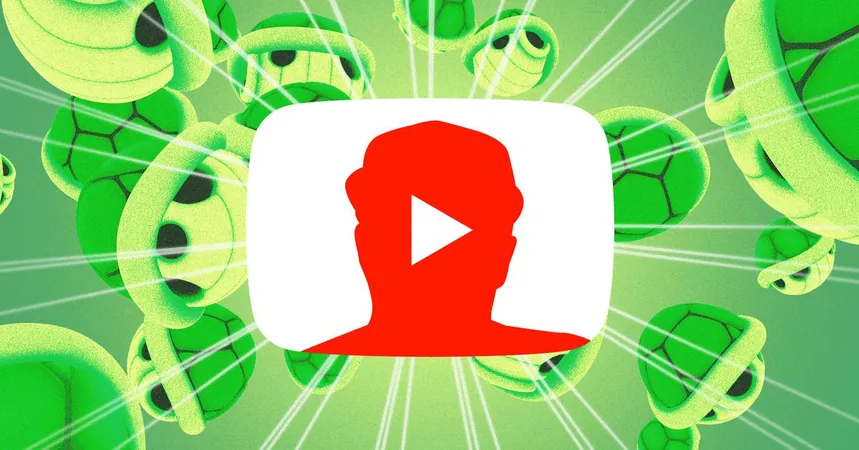
YouTube Creators in Panic as Fake Nintendo Lawyer Launches Copyright Attacks - Is Justice Out of Reach?
2024-12-27
Author: Benjamin
In late September, Dominik "Domtendo" Neumayer, a YouTuber with over 1.5 million subscribers, found himself in a precarious predicament. After uploading a series of videos showcasing *The Legend of Zelda: Echoes of Wisdom*, he received a disconcerting email: two of his videos had been removed due to copyright strikes. He was just one strike away from losing his 17-year-old channel, plunging him into an abyss of uncertainty about his future as a content creator.
What made the situation distressing was the legitimacy of the copyright claims. Domtendo, a prominent figure in the gaming community known for his “Let’s Play” videos, was puzzled. These types of videos usually serve as valuable promotions for gaming companies, particularly for a brand like Nintendo, which typically doesn’t pursue such creators unless absolutely necessary.
The email from YouTube pointed to requests signed "Tatsumi Masaaki, Nintendo Legal Department, Nintendo of America." However, the email address linked to the takedown requests was from a personal ProtonMail account: "[email protected]." Herein lies a dangerous trend: fake copyright claims. YouTube has stated that over six percent of takedown requests could potentially be fraudulent, yet the platform allows anyone to submit requests, creating a loophole for malicious actors.
Domtendo began investigating and noticed alarming patterns, leading him to reach out to Nintendo directly. To his astonishment, Nintendo’s legal department confirmed that the email address and the threats were not legitimate, urging him to disregard the claims made by the fake Tatsumi. Despite this reassurance, the anxiety didn’t fade for Domtendo or his fellow creators, including Waikuteru, another victim of dubious copyright strikes who discovered his own strange communications demanding video removals.
This incident raises crucial questions about the protections for creators in the digital landscape. The current copyright system appears outdated and vulnerable to exploitation. The Digital Millennium Copyright Act (DMCA), designed to protect intellectual property, has unintentionally become a weapon in the hands of trolls.
Despite the swift assurances from Nintendo regarding their non-involvement, creators are left anxious and helpless, unable to fight back effectively against the barrage of threats. Once a creator receives a copyright strike, the stakes become extremely high, making them vulnerable to further harassment and forcing them to voluntarily remove content – a situation Domtendo was reluctantly pushed into as the emails from “Tatsumi” grew increasingly aggressive.
In a twist, “Tatsumi” retracted previous claims, feigning legitimacy, only to later claim that he'd suspended his ability to file claims, dangerously hinting that others within Nintendo would now act on his behalf. This gaslighting tactic left creators feeling targeted and uncertain.
As more victims speak out, it becomes clear that this is an epidemic affecting many in the streaming community. The stories of threats and unjust removals continue to surface, but there is barely any avenue for redress.
While YouTube maintains it has systems to prevent abuse, the reality for many creators is stark. They argue that the process is tilted in favor of larger channels, making it nearly impossible for smaller creators to challenge false claims. A platform that once promised a level playing field now seems to prioritize skirting accountability over protecting its community.
The outcry from the gaming community grows louder as creators demand change and accountability. How many more creators will fall victim to this fraudulent email threat before the system is revamped? Until then, YouTube’s failure to adequately safeguard its creators may continue to transform the platform from a place of creativity into a tightrope walk fraught with peril.
This saga is a stark reminder of the risks faced by digital content creators in an ever-complex landscape where one false claim could mean the end of hard-earned careers. Shouldn’t these creators, who promote video games by the millions, be protected from shadowy figures like the phony Tatsumi?

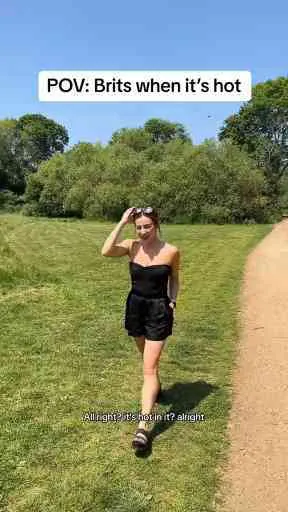
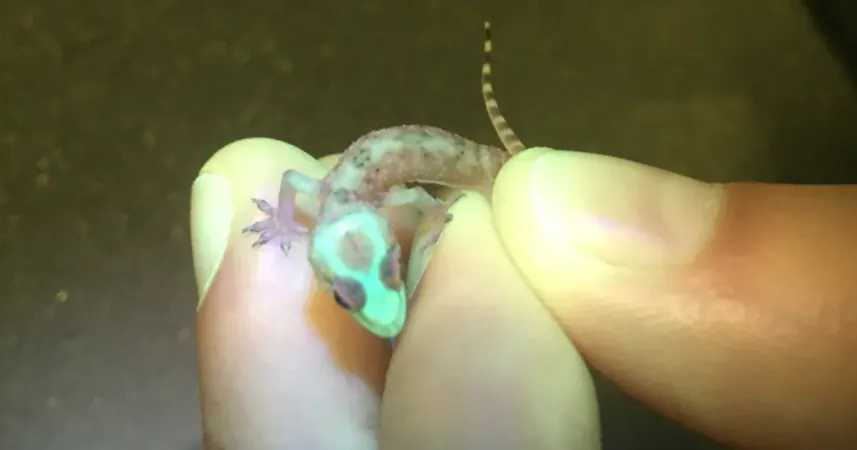
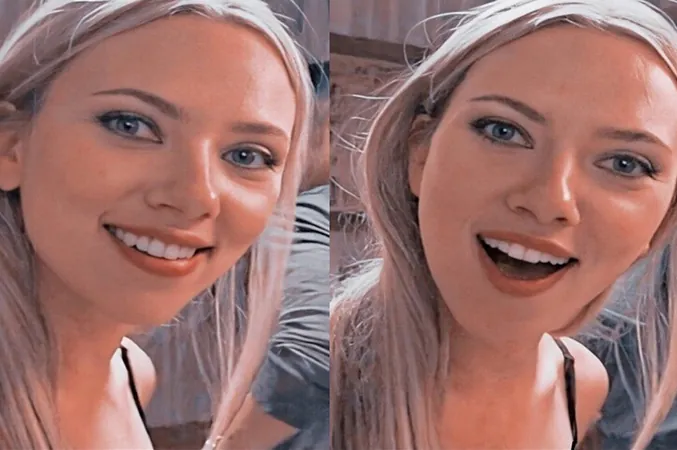
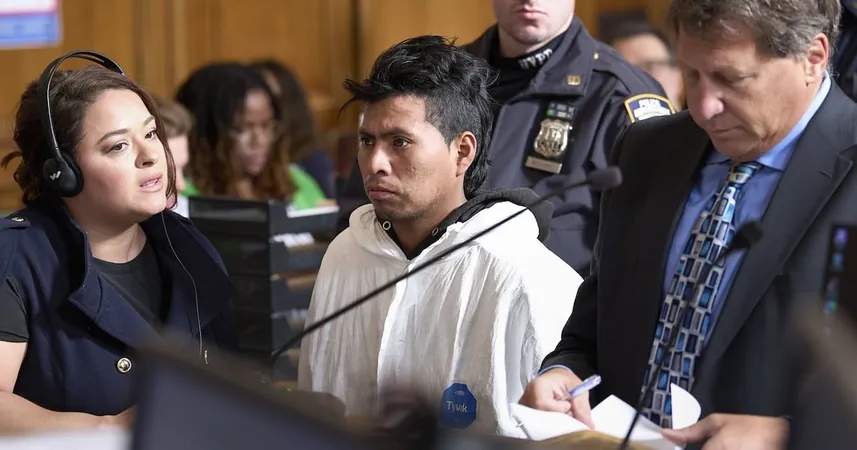
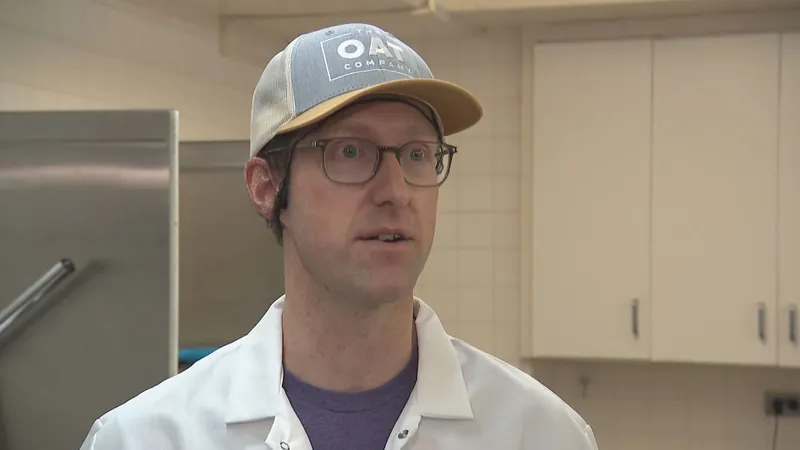
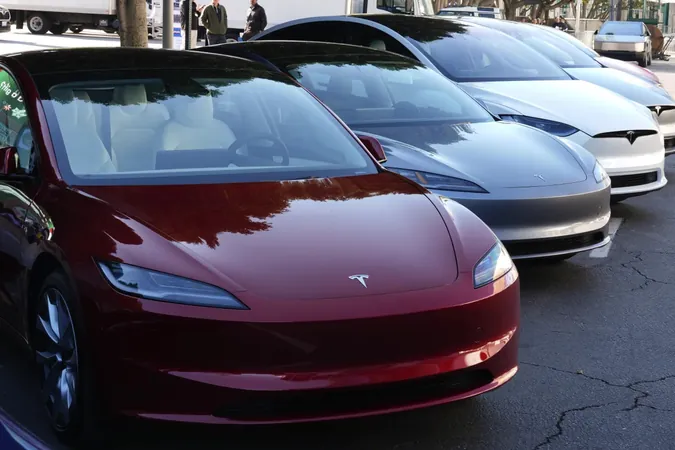

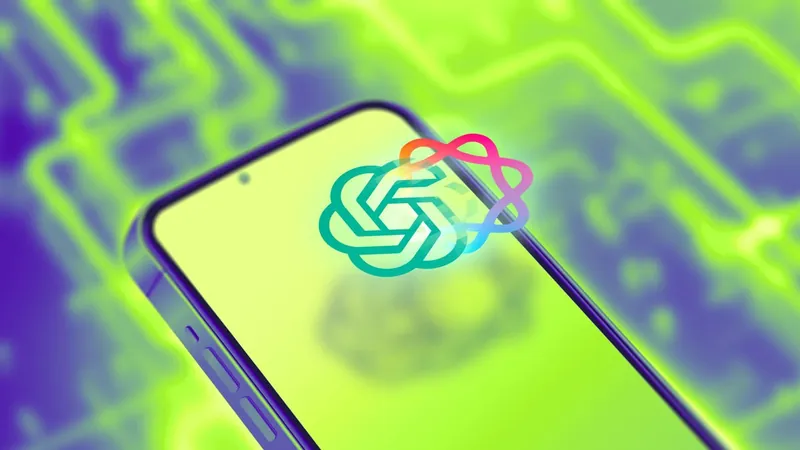
 Brasil (PT)
Brasil (PT)
 Canada (EN)
Canada (EN)
 Chile (ES)
Chile (ES)
 España (ES)
España (ES)
 France (FR)
France (FR)
 Hong Kong (EN)
Hong Kong (EN)
 Italia (IT)
Italia (IT)
 日本 (JA)
日本 (JA)
 Magyarország (HU)
Magyarország (HU)
 Norge (NO)
Norge (NO)
 Polska (PL)
Polska (PL)
 Schweiz (DE)
Schweiz (DE)
 Singapore (EN)
Singapore (EN)
 Sverige (SV)
Sverige (SV)
 Suomi (FI)
Suomi (FI)
 Türkiye (TR)
Türkiye (TR)